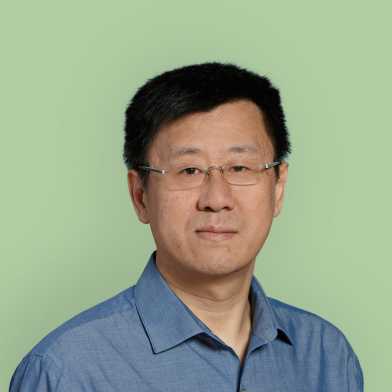01
Sessions at the AI House in Davos
- News
- ETH AI Center

From 15 to 19 January 2024, the AI House in Davos brought together industry leaders, tech founders, researchers, companies, investors and political decision-makers to discuss the impact of AI on the world. ETH Zurich was one of the initiators of the event with its AI Centre. Watch the sessions with our professors Andreas Krause, Menna El-Assady, Florian Tramèr and many others now.
"Witnessing the success of students is truly uplifting."
- Front – Spotlight
- Spotlight
- Faculty

For the past two years, Professor Zhendong Su has been the Director of Studies of our Department of Computer Science and, therefore, part of the department's executive board. In this interview, Professor Su talks about the accomplishments and challenges during his term. He also tells us what good teaching means to him, and we find out what four dreams he wants to accomplish before retirement.
Chance and (lack of) plans
- Spotlight
- Front – Spotlight
- Staff
- Institute of Theoretical Computer Science

Since 1996, Emo Welzl has been a professor at the Institute of Theoretical Computer Science. He has dedicated his career to developing and analysing combinatorial algorithms and discrete mathematics. Among other things, he has worked on algorithmic geometry and the analysis of geometric structures. As he will be retiring at the end of January, we look back on his career in this interview and learn how he found his way into theoretical computer science and what fascinates him about it.
Andreas Krause named ACM Fellow
- Learning and Adaptive Systems
- Artificial intelligence
- ETH AI Center
- Faculty
- Award
- SDSC - Swiss Data Science Center

Professor Andreas Krause from the Department of Computer Science has been named ACM Fellow for his contributions to learning-based decision making under uncertainty. Big congratulations!
Students use language models primarily for programming
- News
- Artificial intelligence
- ETH AI Center

A broad survey of students at ETH Zurich shows: Language models are still rarely used in the classroom, but they are used frequently and creatively as learning aids.